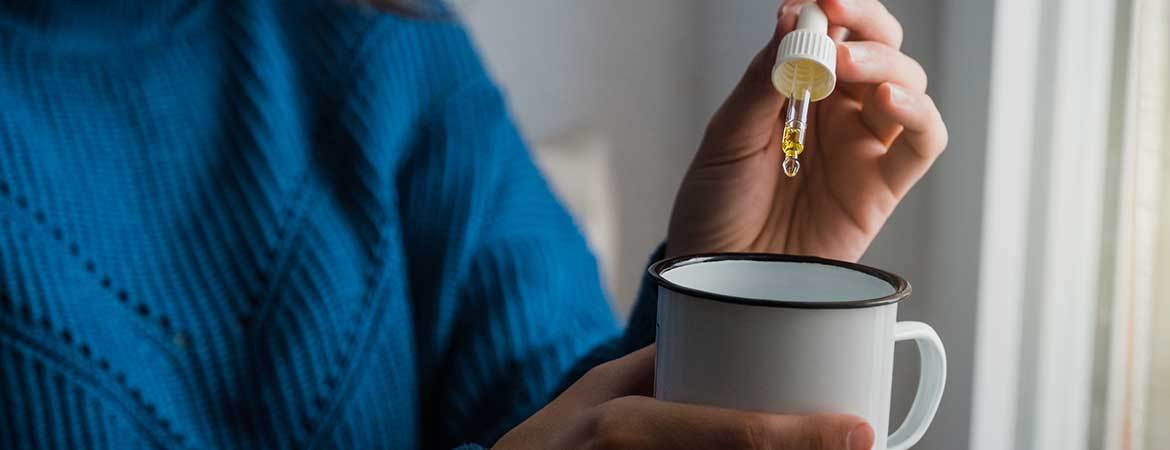- Free Shipping Over $75
- 60-Day Money-Back Guarantee
Shop Popular Products
Made from US-Grown Industrial Hemp
100% Clean Ingredients
Rigorously Tested, Quality Assured

When the federal government legalized industrial hemp, the industry breathed a collective sigh of relief. Many believed federal legalization would eliminate the confusion and alleviate the concerns about including CBD in consumable products.
Unfortunately, there seems to be more confusion than ever before. Several states currently prohibit the sale of CBD-infused foods and beverages because the FDA has not approved CBD as a product ingredient. Since FDA regulations are often complicated, a significant number of news organizations, product vendors, and CBD users are having difficulty navigating regulation specifics.
Until state and federal regulatory standards on CBD are more clearly defined, your access to CBD-infused foods and beverages will likely depend on your location.
The signing of the 2018 Farm Bill removed industrial hemp from the federal list of controlled substances and opened the doors for legal hemp cultivation throughout the country. To be classified as industrial hemp, a cannabis plant must contain 0.3 percent THC or less. A plant that contains more THC than allowed is considered marijuana. While CBD sourced from industrial hemp is now legal at the federal level, some states do not allow vendors to sell foods and beverages containing CBD.
While the FDA may reconsider its stance on the legality of CBD infused edibles, many states are opting to override federal restrictions by passing legislation legalizing beverages and foods containing CBD. For example, a bill in California was unanimously approved by the state’s Health and Appropriations Committee. Senators will revisit the legislation June 12.4 Illinois and Colorado have already made the decision not to wait for FDA approval and currently allow the sale of foods and beverages containing hemp-derived CBD.
The role of the FDA includes protecting consumers from potentially harmful substances and misleading sales practices. While the FDA recognizes the significant amount of public interest and support for products containing CBD, over the past few years the FDA has had to issue warnings to numerous companies for making unsubstantiated medical claims or selling products that contain less CBD than manufacturers claim.5 Some believe this suggests a need for establishing additional regulations on the industry as a whole.
The organization has not fully legalized CBD as a food additive because there is a lot more work to be done. The FDA is currently focused on gathering information to learn more about the safety of CBD, identifying any risk factors associated with CBD use, and investigating their regulatory options. A public hearing on the topic was held on May 31.
The public hearing held by the FDA was an opportunity for the organization to hear testimony from those who support and oppose granting CBD FDA approval. Some of the many topics of concern included:
More than 500 people registered to attend the public hearing, and more than 800 registered for remote access to hear more than 100 speakers. The FDA will continue accepting electronic and written comments until July 16, 2019.6
While the 2018 Farm Bill legalized the cultivation of industrial hemp and hemp products, including hemp seeds, hemp seed oil, and plant extracts, the bill preserved the FDA’s authority to regulate products containing CBD, including CBD-infused food and beverages. Consider the following points:
CBD is not a medication or treatment for any illness or disorder. If you have a known medical condition or take medication, it’s important to consult your healthcare provider before using any product containing CBD. This naturally occurring cannabinoid can interact with several medications.
To learn more about hemp-derived CBD products, download The Ultimate CBD User Guide from CBDistillery™. While you are there, consider our quality assortment of CBD tinctures, capsules, topicals, and CBD vape products.
Sources: